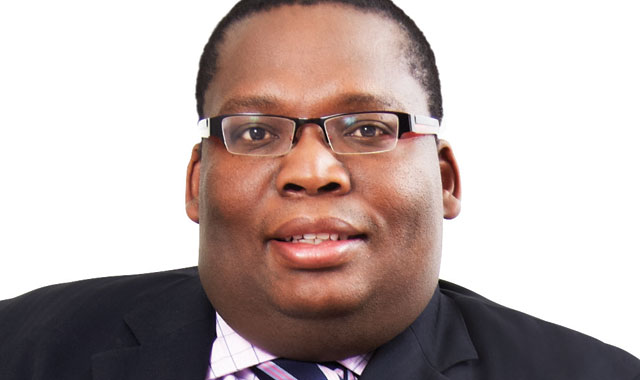Telkom has put up a reward of R500 000 for information leading to the arrest and prosecution of saboteurs who attacked its network on Wednesday. The company said on Thursday morning that a number of its facilities around
Browsing: Sipho Maseko
Telkom has named Business Connexion CEO Isaac Mophatlane as the new CEO of the merged BCX and Telkom Business entities. The merger of the businesses follows Telkom’s acquisition of BCX last year in a R2,7bn all-cash
When Telkom CEO Sipho Maseko took the helm three years ago, the South African company was struggling with record losses and a share price close to all-time lows. Now, the phone operator is
Telkom will merge its enterprise-focused Telkom Business unit into IT group Business Connexion, which it acquired last year for R2,7bn. The merger will create one go-to-market brand and avoid the creation of parallel
In November, I argued that Telkom’s broadband digital subscriber line service had peaked (that was at the half-year mark). Since then, growth has slowed even further and the telecommunications giant is on a knife-edge of
Telkom has revealed plans to re-farm half of its spectrum in the 1,8GHz band for 4G/LTE services as it bets on data rather than voice as the big growth driver in mobile services. The company’s CEO, Sipho Maseko
Your Internet service provider could soon be providing more than just your broadband digital subscriber line service. Telkom has revealed that it will soon offer not only wholesale
Despite reporting a further 6,5% decline in the number of fixed lines in service to just 3,2m, Telkom has declared that it has completed a three-year turnaround strategy and is now ready for growth. This comes as it reports a 15,5% increase in
This is a turn up for the books. Telkom, through its newly formed Openserve wholesale and networks division, has announced it will peer with other operators and service providers through the neutral Internet exchange point, NAPAfrica. NAPAfrica, which is located
The Communication Workers Union has called on the ANC to stop job losses in state-owned enterprises. In a memorandum handed over to an ANC official at the party’s Luthuli House








